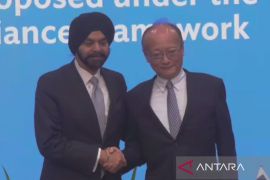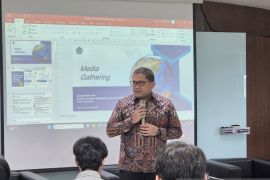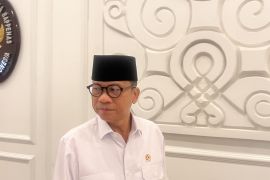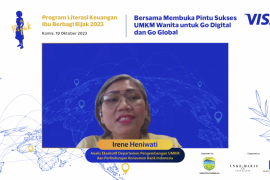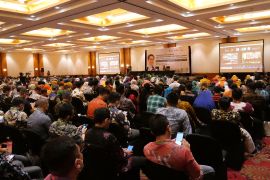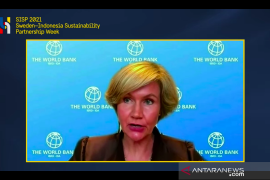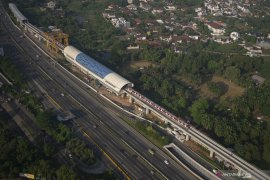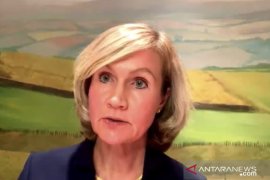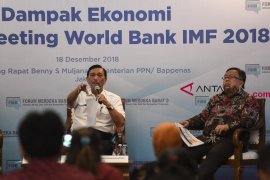Speaking at a press conference held in a videoconference themed "Launch of Global Economic Prospects 2011" in the bank`s headquarters in Washington, D.C., Timmer said the attractiveness of Indonesia for portfolio investments was due to the country`s strong economic fundamentals.
However, Timmer added that the capital inflows to Indonesia mostly would not be long-term investments and therefore they would bring with them macroeconomic risks, something the government needs to address with prudent policies.
Inflow of capital brings benefits such as lower costs but it increases the macroeconomic risks and concerns for prudent policies. "The challenge is how to change this inflow to be longer term investments," Timmer said.
He said the Indonesian government could implement two priority medium-term policies by allowing only longer term foreign investments in tandem with strengthening the financial system through institutional measures and macro cautions to weather out susceptibilities.
Timmer predicted that Indonesia could achieve a growth of 6.2 percent, the same figure as the bank had projected for Indonesia since its 2010 third quarter report. Indonesia`s growth for last year was 5.9 percent, 6.2 percent for 2011 and 6.5 percent in 2012.
He also estimated the world economy will grow 3.3 percent this year compared with 3.9 percent in 2010, a year of rebound from the 2009 recession. Emerging and developing countries were expected to expand 6.0 percent, more than double the 2.4 percent annual rate of high-income countries.
The World Bank director expressed particular concern about rising commodity prices, including food and fuel, driven by loose monetary policies in the developed countries and solid demand in the emerging economies.
"We are very concerned about the rise in the food prices... we see some similarities with the situation in 2008, just before the financial crisis," he said.(*)
Editor: Heru Purwanto
Copyright © ANTARA 2011
